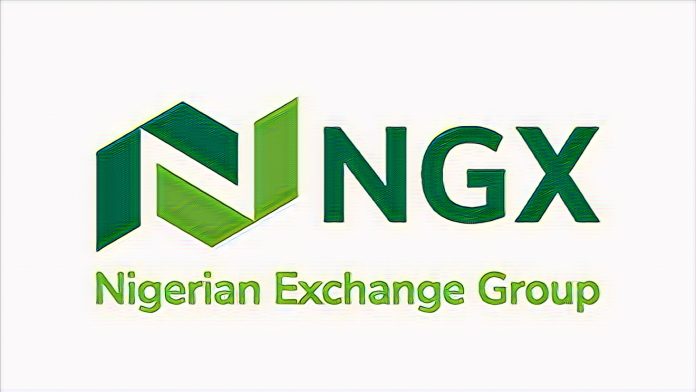March witnessed a significant financial upswing in the Nigerian stock market, with investors pocketing a hefty N4.414 trillion, as reported by the Nigerian Exchange (NGX). This uptrend comes amidst a backdrop of certain companies underperforming and a recent interest rate hike by the Central Bank of Nigeria (CBN), suggesting a robust resilience within the market dynamics. The NGX’s positive close at the month’s end is attributed to the volatile foreign exchange (FX) market, prompting asset migration towards more profitable ventures.
A notable catalyst for this remarkable market performance was the market capitalization surge to N59.121 trillion from N54.707 trillion at the month’s start, marking an 8.1 percent increase. This surge was significantly propelled by the listing of Transcorp Power Plc, which saw 7.5 billion shares admitted to the NGX on March 4, 2024, injecting an additional N1.8 trillion into the equities capitalization.
The All Share Index (ASI) also saw an appreciable leap by 4.6 percent to 104,562.06 points, enhancing the Year-to-Date (YtD) returns to an impressive 39.8 percent. Sector-wise, banking led the pack with an 18.1 percent increase, followed by insurance at 9.2 percent, while the industrial goods and oil & gas sectors saw modest gains. The consumer goods sector, however, recorded a slight decline.
David Adonri, Vice Chairman at Highcap Securities, remarked that the stock market rally was a response to overarching economic reforms, liquidity surplus, and FX market disruptions, driving financial assets towards more secure and profitable avenues. However, Adonri cautioned that the second quarter might not mirror the first quarter’s success due to recent monetary policy adjustments and proposed banking sector recapitalization, potentially dampening market enthusiasm.
Furthermore, Uche Uwaleke, a Professor of Finance and Capital Market, noted that the March rally was buoyed by favorable crude oil prices, corporate results, and comparatively lower yields in the fixed income market. Looking ahead to the second quarter, Uwaleke anticipates a potential dip in investor sentiment driven by inflation concerns and the allure of higher yields from government securities, which could attract investors towards fixed income markets.
The Nigerian stock market’s March performance elucidates the complex interplay of economic policies, sectoral dynamics, and investor behavior. As the market navigates through these evolving landscapes, stakeholders remain vigilant, weighing the potential impacts of monetary policies and economic indicators on future market directions.



